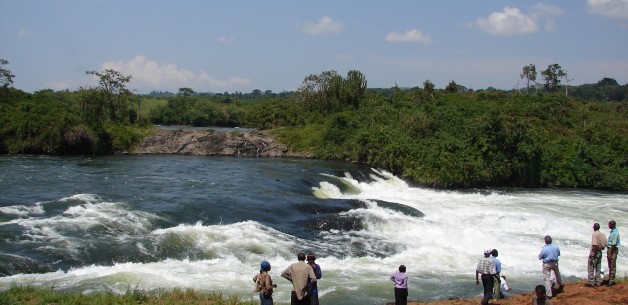Tomorrow, the World Bank Board of Directors will decide whether to approve an investigation into a complaint related to the Bujagali Dam in Uganda. The complaint alleges that Management failed to take appropriate actions to protect an offset area it agreed to protect through a written agreement with the government of Uganda, in violation of its operational policies. The complaint was originally filed in 2016, but a full investigation was delayed in order to allow for the completion of an ESIA on the impacts of the downstream Isimba Dam, which threatens to flood the offset, and for additional follow-up actions by the Bank. The ESIA was completed in late 2017 and concluded that Isimba would, in fact, flood the offset as communities and civil society had feared. In response, despite years of promises to maintain the offset it had agreed to as a condition of financing the project in 2007, Management struck a new deal with Uganda that would redraw the boundaries of the offset—permitting the destruction of areas that local people count on for their livelihoods.
An Inspection Panel investigation at this stage is unlikely to stop the Isimba Dam from flooding the offset area, or to rebuild trust between local communities and the World Bank, but it can provide a forum for communities to seek recourse for the harms they have experienced and provide important institutional learning for the World Bank in order that it can avoid repeating similar mistakes. Approving the Panel’s recommendation for an investigation is not a judgement on the merits of the case, nor does it imply agreement with allegations of Requesters that the Bank violated its own policies through Management’s actions or omissions. In its 2016 Report and Recommendation to the Board, the Panel made no judgement on whether Management’s actions in this case violated its policies, but rather acknowledged that the complaint meets the criteria for a full investigation. Approving an investigation at this time would demonstrate confidence in the accountability process as a source of learning for the institution, and respect for Requesters that are experiencing profound, negative impacts from decisions the World Bank has made.
The deferral of the investigation has given Management a chance to carry out additional studies and conduct further follow up on impacts to the offset, but the Board has not had the benefit of receiving analysis of the facts on the ground that can only come from an impartial investigation. The Inspection Panel was intended to serve as a bridge between project-affected communities and the Board of Directors, and an investigation will allow their voices to be heard. Before submitting a Request for Inspection, Requesters are required by the Panel’s Operating Procedures to try working with Management first to resolve their concerns. Filing a complaint with the Panel is a clear indication that those attempts have failed, that trust has been lost in Management to solve the problem, and an impartial third party’s assessment of the situation is required.
Bujagali has been the subject of numerous complaints before both of the World Bank Group’s accountability mechanisms—the Inspection Panel as well as the Compliance Advisor Ombudsman of the IFC. But this should not be used as a reason to prevent further complaints from going forward. Rather, it demonstrates that that there is much to learn from this case—particularly if the World Bank hopes to continue holding it out as a model PPP. Sweeping the negative aspects of the case under the rug would prove what many have feared all along—that the World Bank is more concerned about its own reputation than getting development right. In response to a recent Inspection Panel report, President Kim stated that, “every time we discover a failure in our implementation, oversight and monitoring responsibilities, we will do everything in our power to prevent similar failures from happening again.” This cannot happen if those failures are not brought to light through the Bank’s accountability structures. An Inspection Panel investigation is the best way forward to ensure real learning occurs from this case, and that the people who suffer the negative impacts from World Bank group investments can obtain redress.

